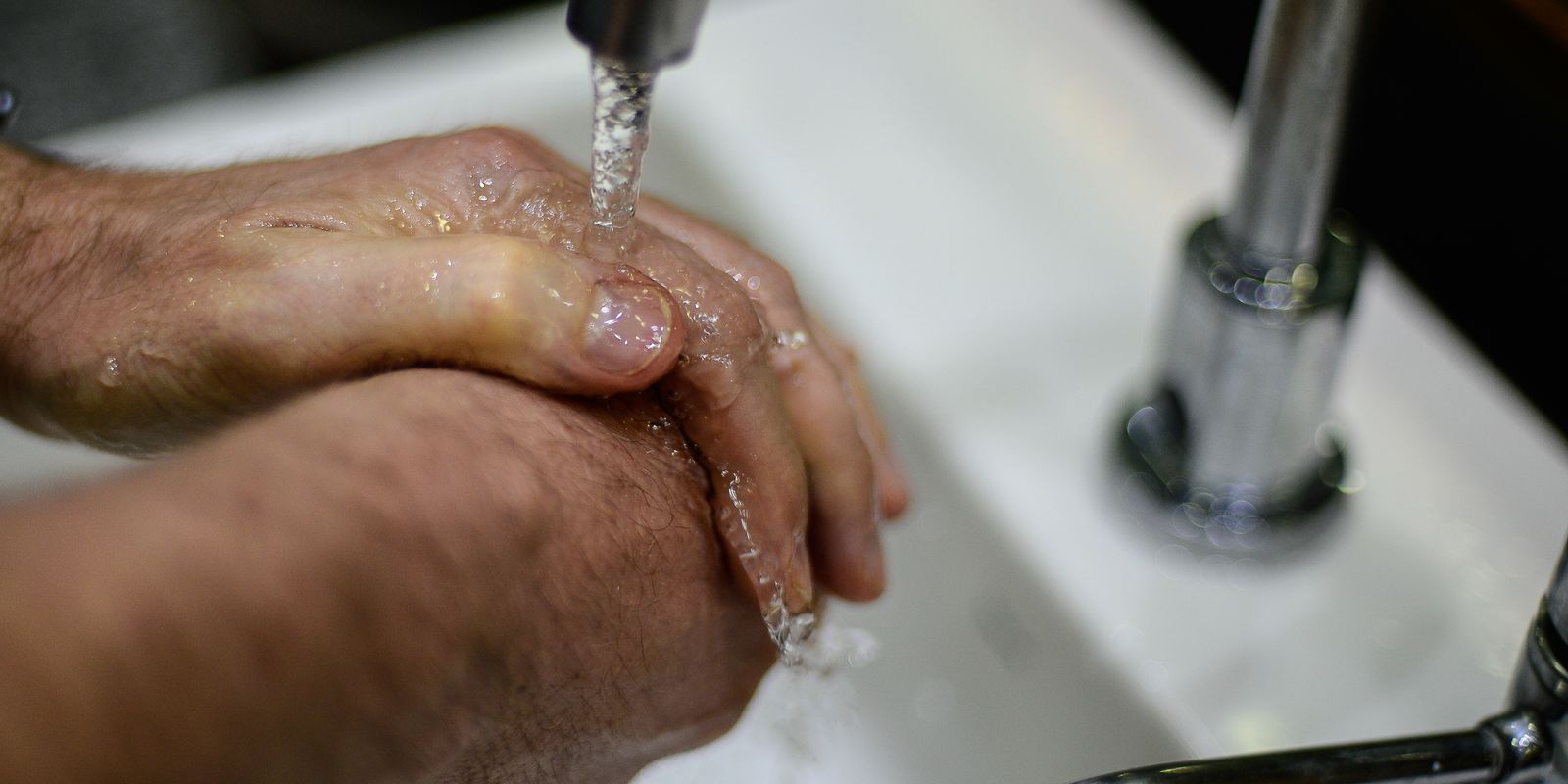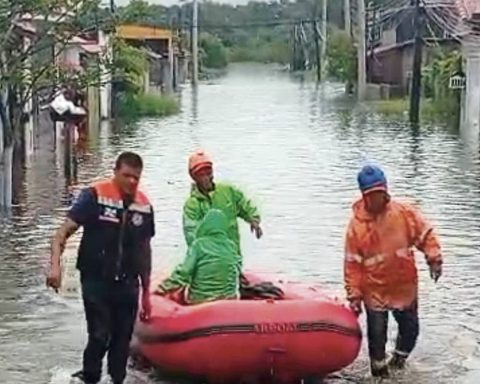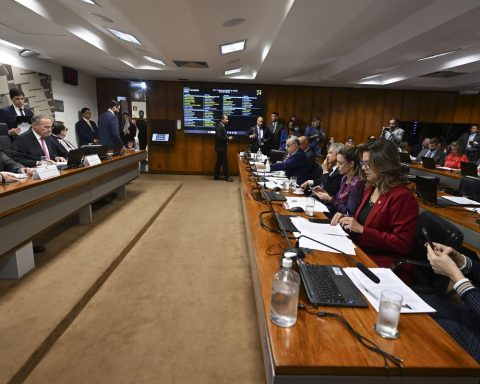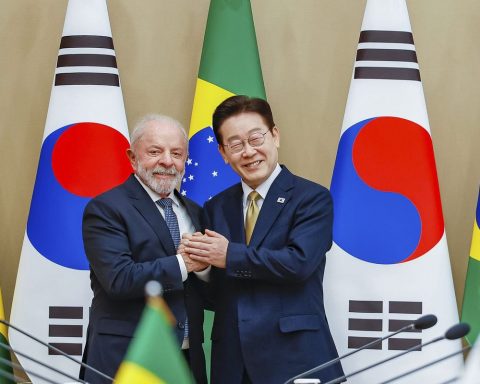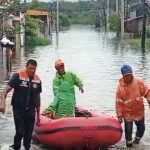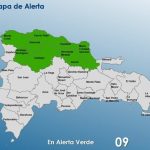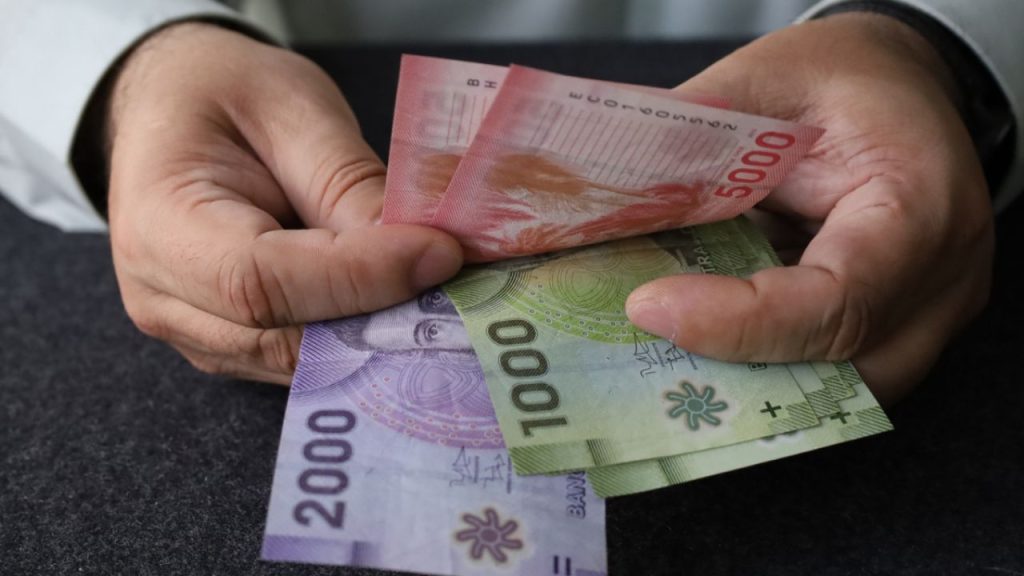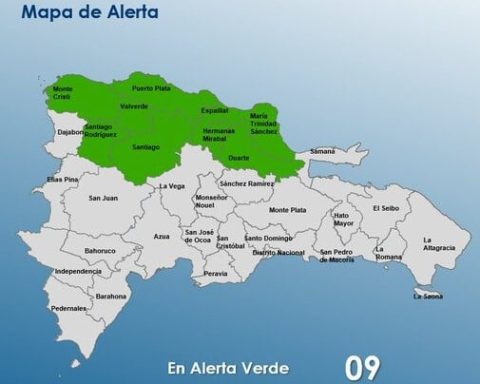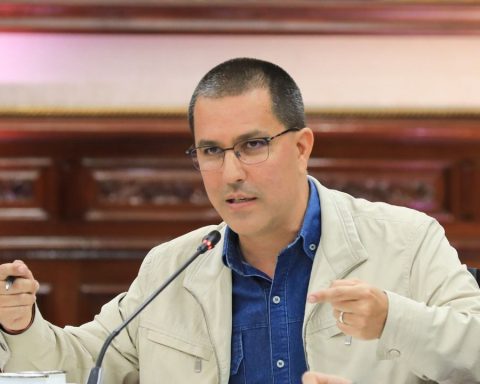Brazilian ministers are calling attention to the importance of universal access to drinking water and basic sanitation and are calling for national engagement, not only from the public and private sectors, but also from the international community. “We are aware that this battle, if I may use that expression, will be long and will demand a lot from all of us, but it can no longer be postponed,” said the Minister of Cities, Jader Filho, on Monday (22) at the G20 Development Ministerial Meeting in Rio de Janeiro.
Chaired by the Minister of Foreign Affairs, Mauro Vieira, the meeting was also attended by Jader Filho and the Minister of Planning and Budget, Simone Tebet.
Data from 2022, presented by the Minister of Cities in the opening speech of the panel, show that approximately 30 million Brazilians do not have access to treated water and 90 million do not have access to sewage collection services. The goal, provided for by lawis to universalize access to drinking water and ensure that at least 90% of the population has access to basic sanitation by 2033.
To reverse this deficit, a study carried out by the Ministry of Cities in 2023 estimates the need for investment of approximately US$ 100 billion, of which US$ 54 billion will be for water supply services and US$ 46 billion for sanitation.
National investments, as the minister pointed out, have been growing, but are still below what is needed. The new PAC will invest US$330 million in solid waste management by 2026, in addition to US$4.92 billion in sewage, US$2.73 billion in drainage and slope containment, and US$2.27 billion in water supply.
Minister Jader Filho then appealed to other countries to also commit to guaranteeing this right to the populations, not only in Brazil, but in other nations that are experiencing the same situation. “To ensure the availability and sustainable management of water and sanitation for all, it is essential that countries consider the need to actively mobilize international financial resources. In this context, I appeal to countries to make efforts to develop and improve mechanisms that make these resources viable,” he said.
Social inequality
The Minister of Planning and Budget, Simone Tebet, also highlighted the need for joint action to address this problem. “The importance of this panel is revealed in the numbers, which, for lack of another expression, I would say are frightening and shocking. According to the UN [Organização das Nações Unidas]in total, on the planet, there are 2 billion and 200 million people who do not have access to treated water and 3 billion and 500 million who do not have access to basic sanitation services”.
Tebet recalled that in addition to being a national goal, it is among the Sustainable Development Goals, agreed upon by 193 countries, including Brazil. By 2030, these countries must ensure availability and sustainable management of water and sanitation for all.
“The lack of access to water, sanitation and hygiene is one of the most visible dimensions of social inequality. It is one of the central elements for sustainable development. Therefore, achieving this target, agreed upon for 2030, requires political prioritization and joint mobilization of sectors, not only public bodies, but also the private sector and civil society at national and international levels,” argued Tebet.
In his speech, the Minister of Foreign Affairs, Mauro Vieira, highlighted the fact that Brazil has one of the largest reserves of drinking water on the planet and the importance of the country in the national and international context. He said that educational efforts are also needed to ensure that these resources are used and to raise awareness about preservation. “In addition to effective public policies and robust investments in infrastructure, it is necessary to implement education and awareness programs on the importance of responsible use and preservation of water resources,” he argued.
Call to Action
This morning the following were also released: documents already agreed for the G20 Development Ministerial Meetingincluding the G20 Call to Action on Strengthening Drinking Water, Sanitation and Hygiene Services.
Among the actions foreseen in the document is the request for G20 members to increase international technical cooperation for water, sanitation and hygiene services, whose acronym in English is wash.
“International technical cooperation plays a catalytic and sustaining role in promoting capacity building in developing countries, sustainability and resilience of communities, equity and inclusion in relation to the use and management of water resources, impacts of climate change and other environmental, health and nutrition challenges, especially for children, such as waterborne and vector-borne diseases arising from inappropriate or inadequate washing approaches and circumstances of water scarcity”, says the text.
This meeting is one of those that will take place throughout this week in Rio de Janeiro. Until Friday (26), there will be a series of high-level meetings between economic authorities of the countries that make up the bloc, in addition to events with ministers from social areas. One of the highlights will be the pre-launch of the Global Alliance against Hunger and Poverty.
